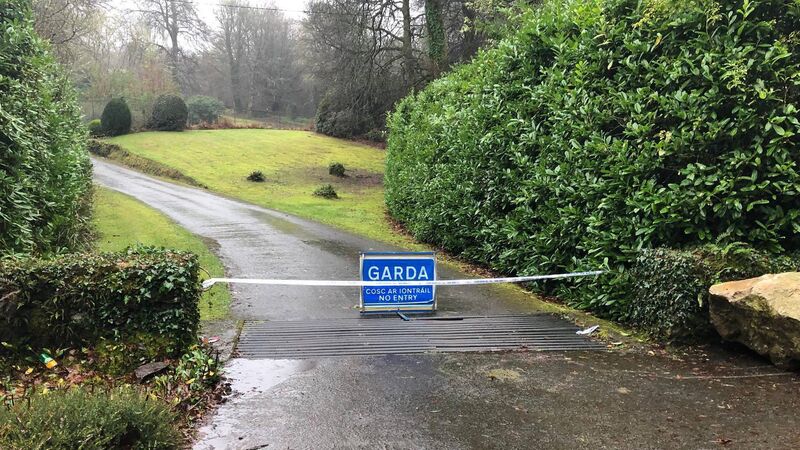Irish Examiner view: Criminal act shows the true face of racism

The entrance to Ross Lake House Hotel in Rosscahill, Co Galway, was closed at the weekend as gardaí investigated the cause of the fire. Picture: MWI
The unfolding saga that is the arson attack on a Co Galway hotel earmarked to accommodate some 70 asylum seekers has highlighted once more the uncomfortable hidden truths about an increasingly ambivalent attitude towards foreign people seeking succour here.
That incongruity is illustrated by the fact that those to the forefront of local protests, including two local Fianna Fáil councillors, could insinuate that the temporary housing of 70 male migrants was going to instil fear in the local community, while also condemning the perpetrators of this act of criminal damage at the Ross Lake Hotel.
















